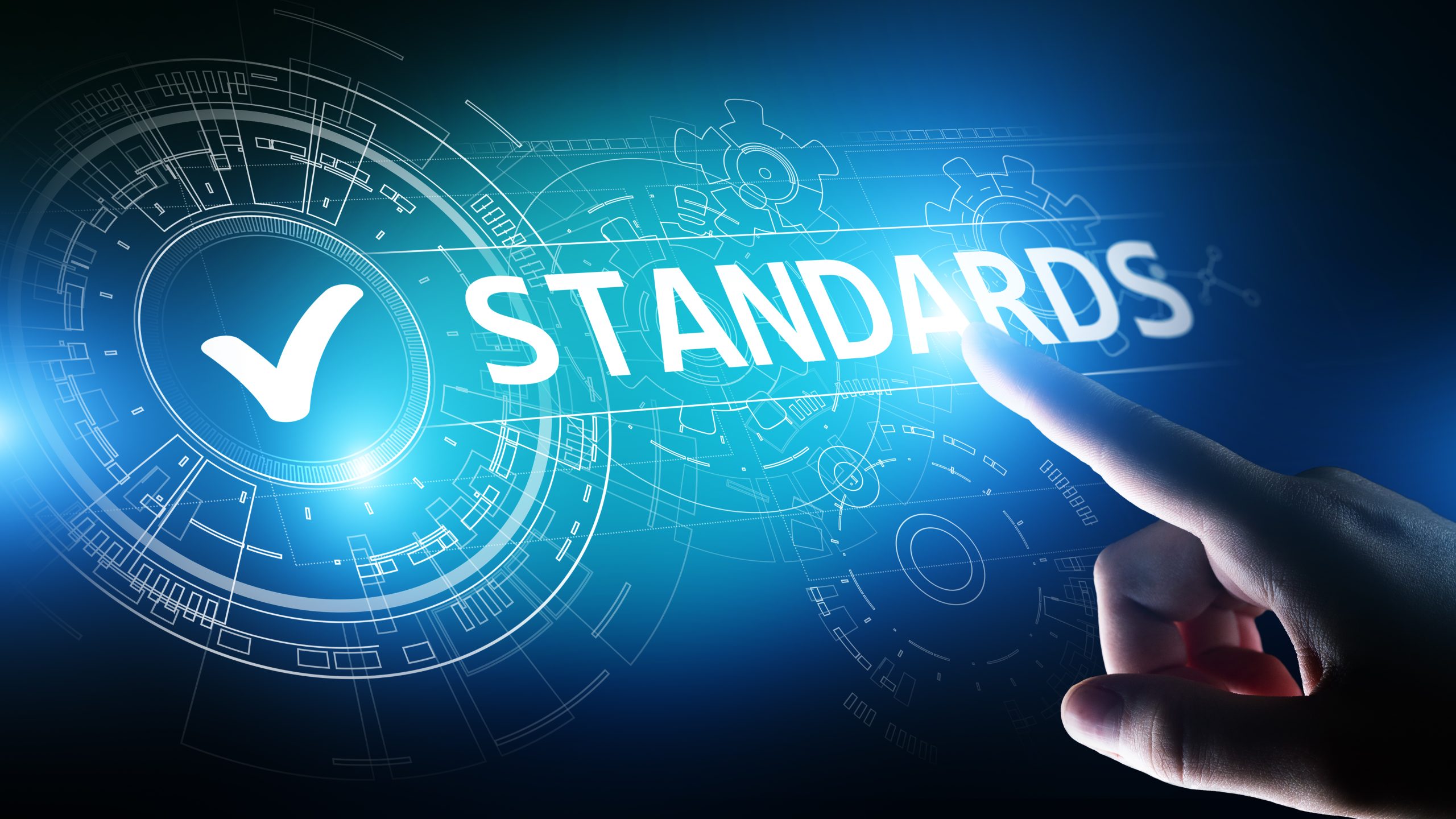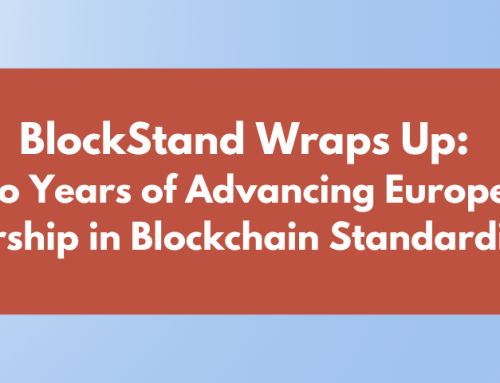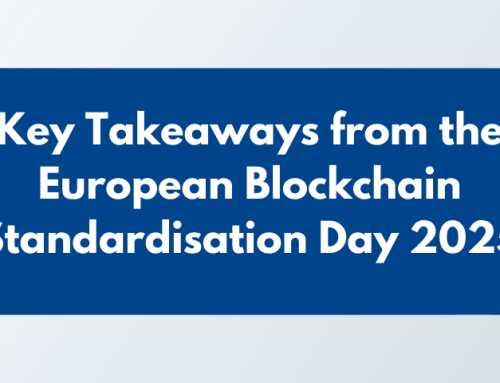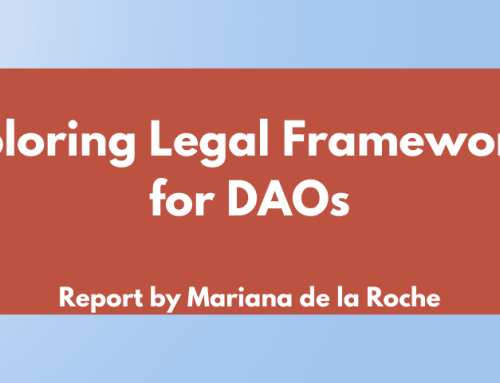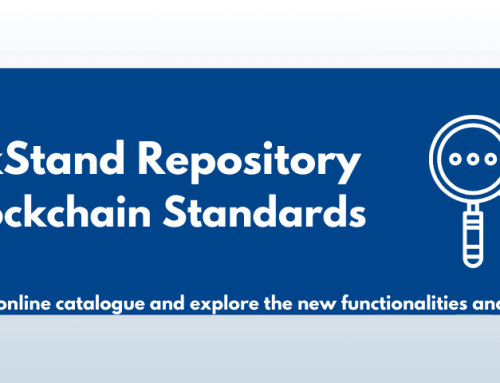Blockchain technology is undeniably a transformative force that’s reshaping various industries. Its potential to drive innovation and disrupt traditional systems has drawn significant attention, from government bodies and industry leaders to entrepreneurs and technologists. However, amidst this enthusiasm, the need for standardized approaches in blockchain development has become increasingly evident.
Why Standardization Matters?
Blockchain technology’s adoption is expanding rapidly, with applications across finance, healthcare, supply chain, and more. As its utility grows, so does the complexity of various blockchain ecosystems. Standardization provides a common framework for the development and implementation of blockchain solutions. This, in turn, ensures interoperability, security, and scalability.
Key organizations and consortia, such as ISO and EEA, have been driving blockchain standardization. As the blockchain landscape evolves, so will the standards, requiring collaboration among stakeholders to align with emerging trends.
Interoperability and Integration
One of the primary benefits of standardization is interoperability. Different blockchain platforms and networks need to communicate effectively with each other. Standardization allows for seamless integration between diverse systems, enabling efficient data sharing and communication. For instance, supply chain stakeholders utilizing various blockchain platforms can share data without friction, enhancing transparency and traceability.
Improved Security and Reliability
Standardization also enhances security. It defines best practices for securing blockchain networks, from consensus algorithms to data encryption. By adhering to these standards, developers can create more robust and reliable solutions, reducing vulnerabilities to cyberattacks. This level of trust is crucial, especially in applications involving sensitive data, such as healthcare or finance.
Scalability and Sustainability
As blockchain networks grow, scalability becomes a paramount concern. Standardized protocols and interfaces allow for more straightforward scaling of blockchain systems. A standardized approach enables developers to optimize blockchain solutions for performance and efficiency. For example, blockchain applications serving a vast user base, like decentralized finance (DeFi) platforms, rely on standardized smart contract languages to ensure scalability.
Regulatory Compliance
Blockchain standardization can also help in addressing regulatory challenges. By adhering to established standards, organizations can navigate regulatory requirements more effectively. Standardization provides clarity in compliance procedures and helps build trust with regulators.
Why Blockstand?
Blockchain standardization is an ongoing process, mirroring the dynamic nature of the technology itself. As the blockchain landscape continues to evolve, so will the standards. Stakeholders, including government bodies, industry leaders, and technologists, must work together to ensure that blockchain standardization aligns with emerging trends and technologies.
In this context, the BlockStand EU project is dedicated to facilitating the involvement of European experts in blockchain standardization activities to ensure that international standards align with European values and requirements. The project will establish an online community for ongoing collaboration, strengthening the EU’s leadership in the field of blockchain technology.
As part of this initiative, a panel of experts will shape the standardization of blockchain applications over a two-year cycle. The project will introduce a Blockchain Standardisation platform, a user-friendly web-based resource hub, serving as a one-stop-shop for all stakeholders seeking information on blockchain standardization.
We are committed to provide an integrative and easy-to-use platform that ensures clarity and guidelines to promote standardization, contributing to the implementation of the ICT Standardisation Rolling Plan on blockchain and DLT. It also fosters connections with the European Blockchain Services Infrastructure (EBSI) and the European Blockchain Partnership (EBP). Furthermore, it will support the active participation of European standardization experts in both international and European standard development organizations.

